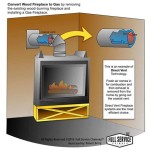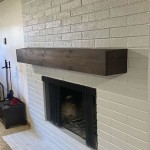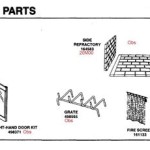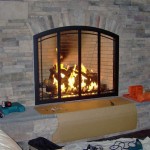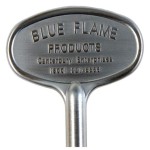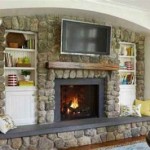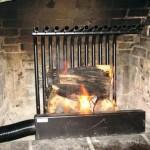Building a Fireplace and Chimney: Essential Considerations
Building a fireplace and chimney is a complex project that requires careful planning, precise execution, and adherence to safety regulations. By considering the following essential aspects, you can ensure a functional, safe, and aesthetically pleasing result.
1. Site Selection and Design
The location of your fireplace and chimney will impact its efficiency, safety, and overall aesthetic appeal. Choose a location away from windows, doors, and combustible materials. Determine the chimney's height based on local building codes and the surrounding structures.
2. Materials and Construction
Fireplaces and chimneys are typically constructed from brick, stone, or metal. Brick and stone provide excellent heat retention and durability, while metal is more lightweight and adaptable. Ensure the materials used meet industry standards and local building regulations.
3. Firebox and Hearth
The firebox is the central component of the fireplace, where the fire burns. It should be large enough to accommodate the desired fuel and provide efficient heat distribution. The hearth is the area in front of the firebox that protects the floor from sparks and embers.
4. Flue and Chimney Cap
The flue is the vertical passageway within the chimney that carries smoke and combustion gases away from the home. A properly sized and sealed flue is essential for safe and efficient operation. A chimney cap prevents rain, snow, and debris from entering the chimney.
5. Insulation and Ventilation
Insulating the chimney and surrounding areas helps prevent heat loss and reduces the risk of fire. Proper ventilation is also crucial for ensuring the fireplace draws air effectively and removes smoke and fumes. Install air vents at the bottom and top of the fireplace.
6. Damper and Fire Tools
A damper is a metal plate that regulates airflow into the chimney. It should be positioned in the flue just above the firebox. Fire tools, such as a poker, shovel, and broom, are essential for tending to the fire and maintaining a clean fireplace.
7. Safety and Regulations
Fireplaces and chimneys must be built in strict adherence to local building codes and safety regulations. Have the installation professionally inspected and certified to ensure compliance. Use high-temperature sealant and spark screens to prevent embers from escaping.
8. Maintenance and Care
Regular maintenance is crucial for ensuring the longevity and safety of your fireplace and chimney. Have the chimney swept annually to remove soot and debris. Inspect the firebox, hearth, and flue for any cracks or damage. Clean the fireplace and fire tools after each use.

Building A Fireplace Fine Homebuilding

How To Build An Indoor Fireplace The Constructor

How To Build An Indoor Fireplace The Constructor

Understanding The Anatomy Of A Fireplace Madewell Masonry

Ahren Fire Fireplace Systems An Answer To Improper Construction Chimney Savers

How To Build A Brick Chimney Google Search Fireplace Diy Outdoor

How To Build A Chimney 9 Steps With S Wikihow

Fireplace Solutions Build A Chimney Design Outdoor Designs

Masonry Chimney Construction Guidelines

Stonetutorials Living Stone Masonry

